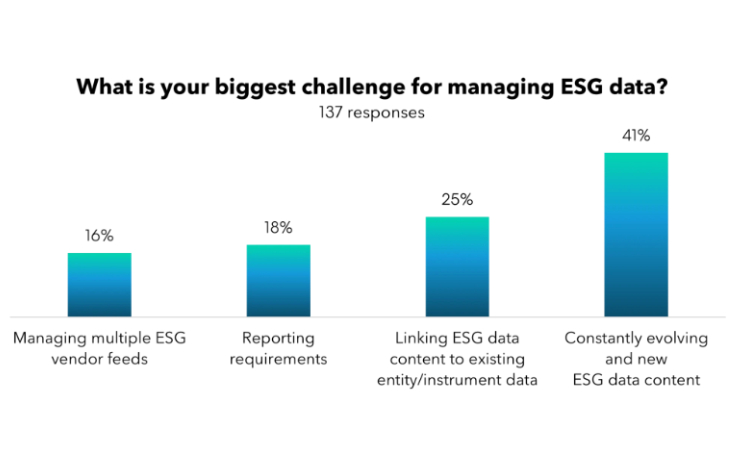After years of deliberation the Australian Modern Slavery bill was recently passed in Parliament to come in effect from January 1st. Large businesses with a consolidated revenue in excess of AUD$100m will be required to annually report on the risks of modern slavery in their operations and supply chains. Along with the action they have taken to address those risks. Smaller businesses have the option to report on voluntary basis and is seen as good practice in the shift towards sustainable and ethical investing[1].
However, there are two controversial omissions from the bill. The government was unwilling to impose a penalty on businesses who fail to lodge a statement or provide an incomplete statement. The Human Rights Law Centre and the Australian Council of Trade Unions both expressing their concerns that the act would not compel businesses on modern slavery without penalties.[2]
“A mandatory reporting scheme is not really mandatory if there are no consequences for companies that fail to comply. Without financial penalties – and with no independent Commissioner to help enforce them – the new laws will lack the necessary teeth to make sure the worst offenders lift their game.” Said Ms Adams, a Director of Legal Advocacy at The Human Rights Centre.[3]
Companies can be “named and shamed” by non-government organisations in an attempt for consumer pressure to become a sanction itself.
Independent oversight was also absent from the bill. Senate amendments have empowered the minister to name and shame themselves, publicly calling out continued instances of non-compliance and reporting to parliament annually on compliance trends.
Instrumental to the success of the Australian Modern Slavery Act, Heather Moore, The Salvation Army’s national policy and advocacy coordinator, says the biggest challenge for the approximately 3,000 large businesses affected by this requirement will be to get their head around what modern slavery is.
“A lot of businesses have expressed quite a bit of disbelief that in this day and age we’re still dealing with this problem, but in fact it’s more of an issue now than it’s every been in human history,” Moore said.
NSW has also passed its own Modern Slavery Act, in effect after the Australian Act commences. It enforces a lower revenue reporting threshold of A$50 million, with penalties for businesses that do not comply of up to A$1.1 million. The act also creates the post of Independent NSW Anti-Slavery Commissioner.
Modern slavery involves people trafficking, forced labour, debt bondage and forced marriage. More than 40 million people worldwide are believed to be the victims of modern slavery, including 15,000 Australians[4]. Slavery and child labour are still being used to make the products Australians buy.
The bill is a start to Australia’s war against modern slavery, however many view this bill as a way of showing participation on the global stage alone. With no penalties or measures of enforcement, it’s difficult to believe true change will come from the parties involved. Sadly, this means the Australian public will continue to fuel modern slavery by buying consumer products without even knowing.
ESG Impact (www.esgi.com)
[1] https://theconversation.com/at-last-australia-has-a-modern-slavery-act-heres-what-youll-need-to-know-107885
[2] https://probonoaustralia.com.au/news/2018/12/businesses-urged-show-leadership-stamping-modern-slavery/
[3] https://www.hrlc.org.au/news/2018/6/28/new-modern-slavery-bill-lacks-teeth
[4] https://www.globalslaveryindex.org/2018/data/maps/#prevalence
Contact us to discuss how your organisation can reduce ESG risks, create an effective ESG strategy, reduce their carbon footprint and better manage ESG risk in your supply chain.









